
Have a question? Call now! +1 646 810 8764

Welcome to Luxury Lifestyle Awards!
Would you like to talk to one of our award managers about nomination of your company?
Our team is happy to help with any questions you may have.
Call: +1 646 810 8764 Send Email Live Chat Contact Us26.04.2023
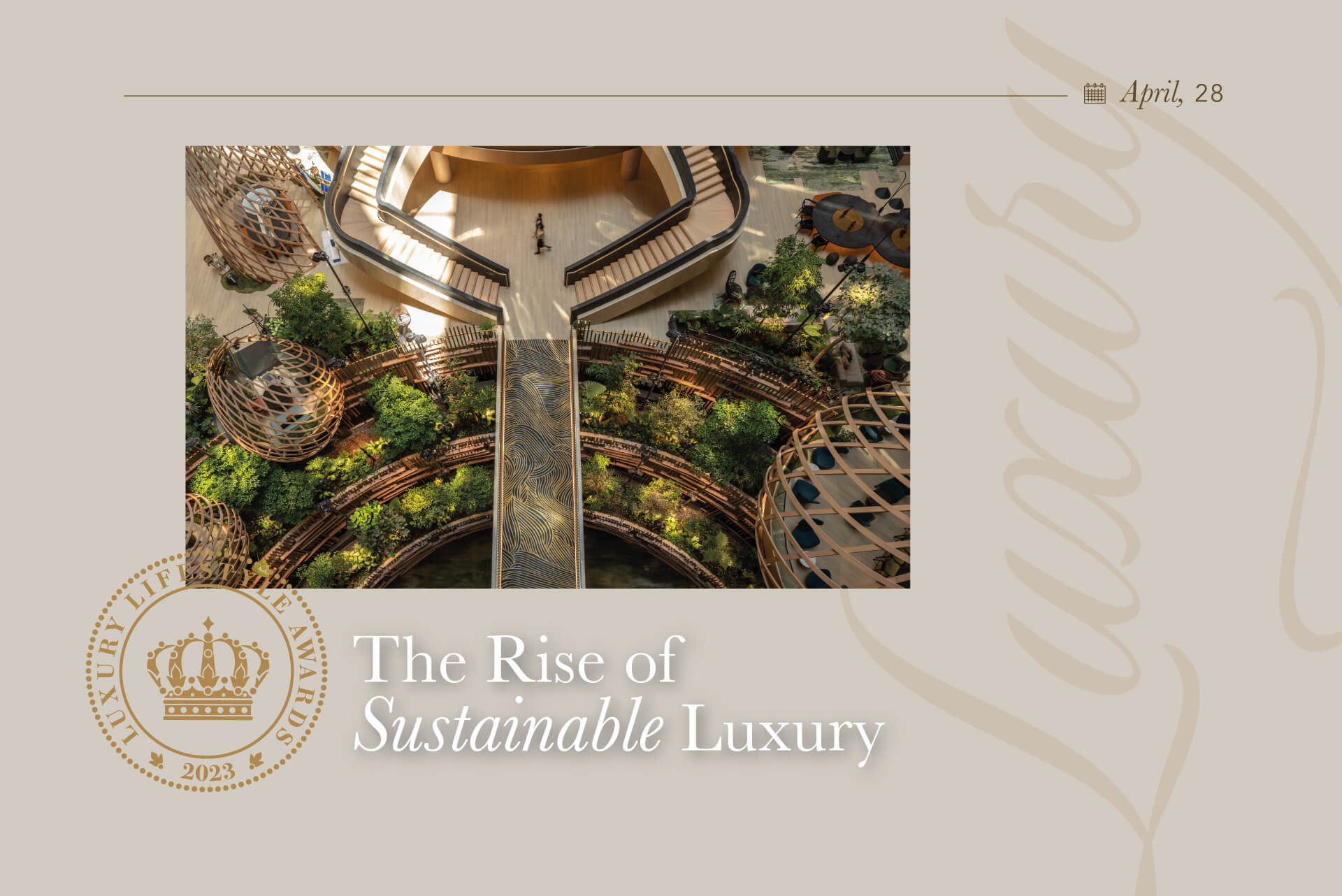
Luxury and sustainability were once considered incompatible concepts. However, in recent years, a significant shift has taken place in the luxury market. Affluent consumers are increasingly demanding that luxury brands become more sustainable, and this demand is driving a new trend in the industry – sustainable luxury. High-end customers are looking for products and services that are not only of the highest quality but are also ethical and sustainable.
This blog will discuss the growing importance of sustainability in the luxury market, including comments from Luxury Lifestyle Awards’ very own esteemed winners that have successfully integrated sustainable practices into their operations.
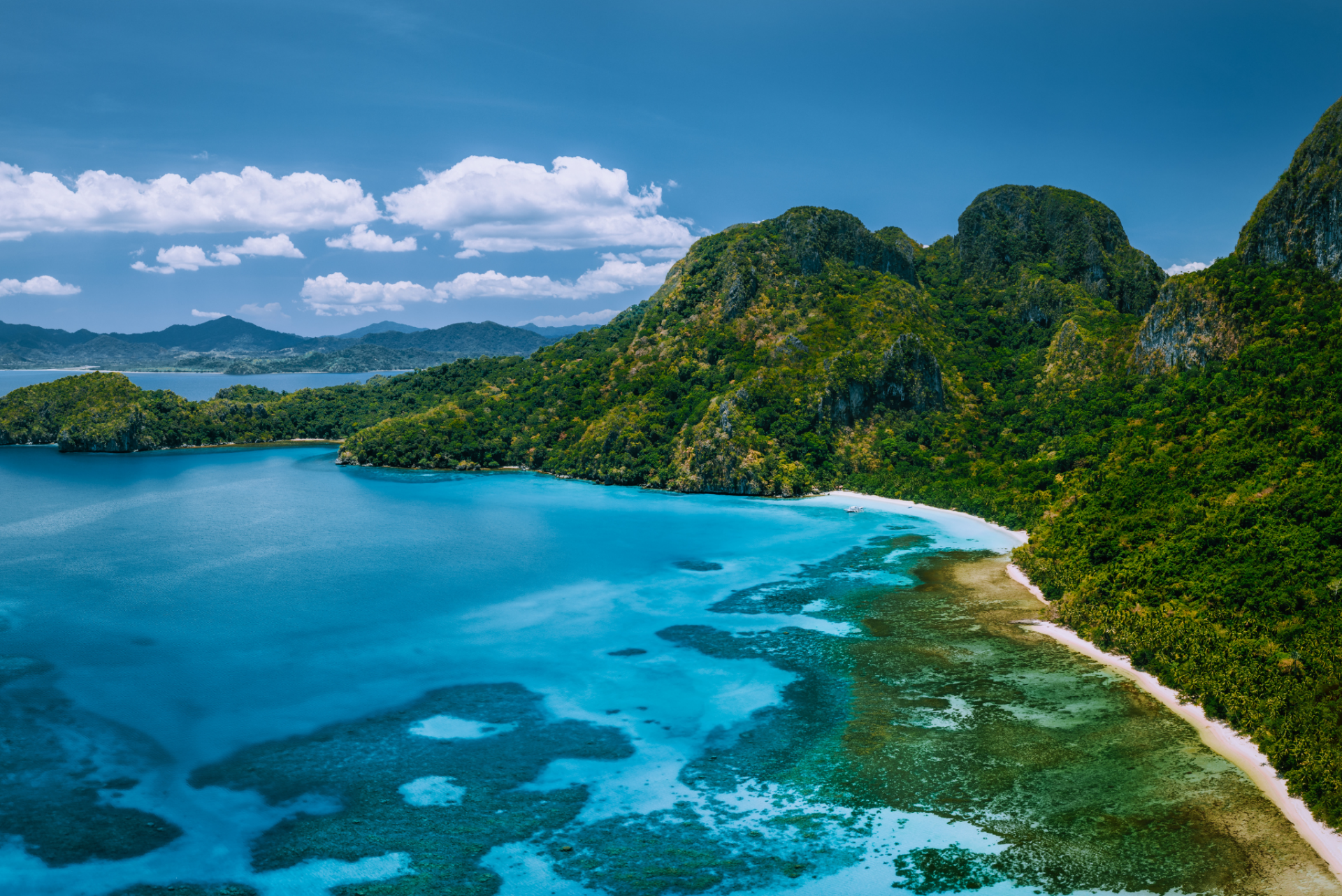
Why is sustainability important in the luxury market?
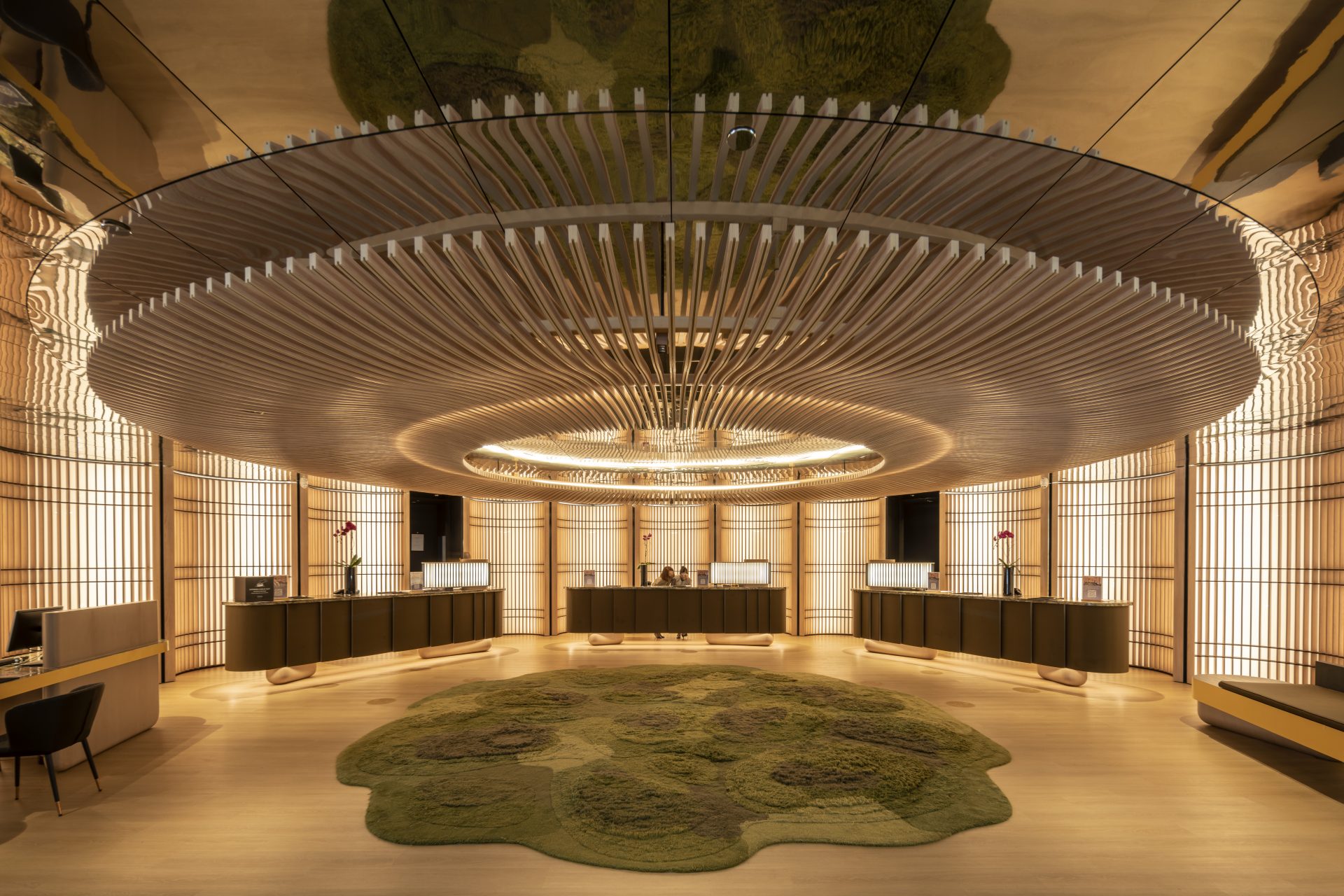
Many of the Luxury Lifestyle Awards luxury brand winners have recognized the importance of sustainability and have taken steps to integrate sustainable practices into their operations.
One such brand is Sofitel Baru Calablanca Beach Resort.
Juan Alberto Rodriguez, the developer of the sustainability program & Director of Engineering, says:
At Sofitel Baru Calablanca Beach Resort, sustainability is a top priority. We work with local communities to reduce the environmental, social, and economic impact. We only work with suppliers who have sustainability certifications and meet ethical standards. Our value chain is designed to be as sustainable as possible and to use certified suppliers who focus on reducing their carbon footprint. Additionally, we have implemented initiatives to reduce the use of raw materials and eliminate single-use plastics. Our hotel has earned the LEED construction certification and uses a range of sustainable practices, including solar energy, intelligent energy systems, and composting of organic waste. We, at Sofitel Baru Calablanca Beach Resort, are committed to continuing down this path and are currently building a vegetable garden and planning to install 1000 solar panels to reduce our carbon footprint further.
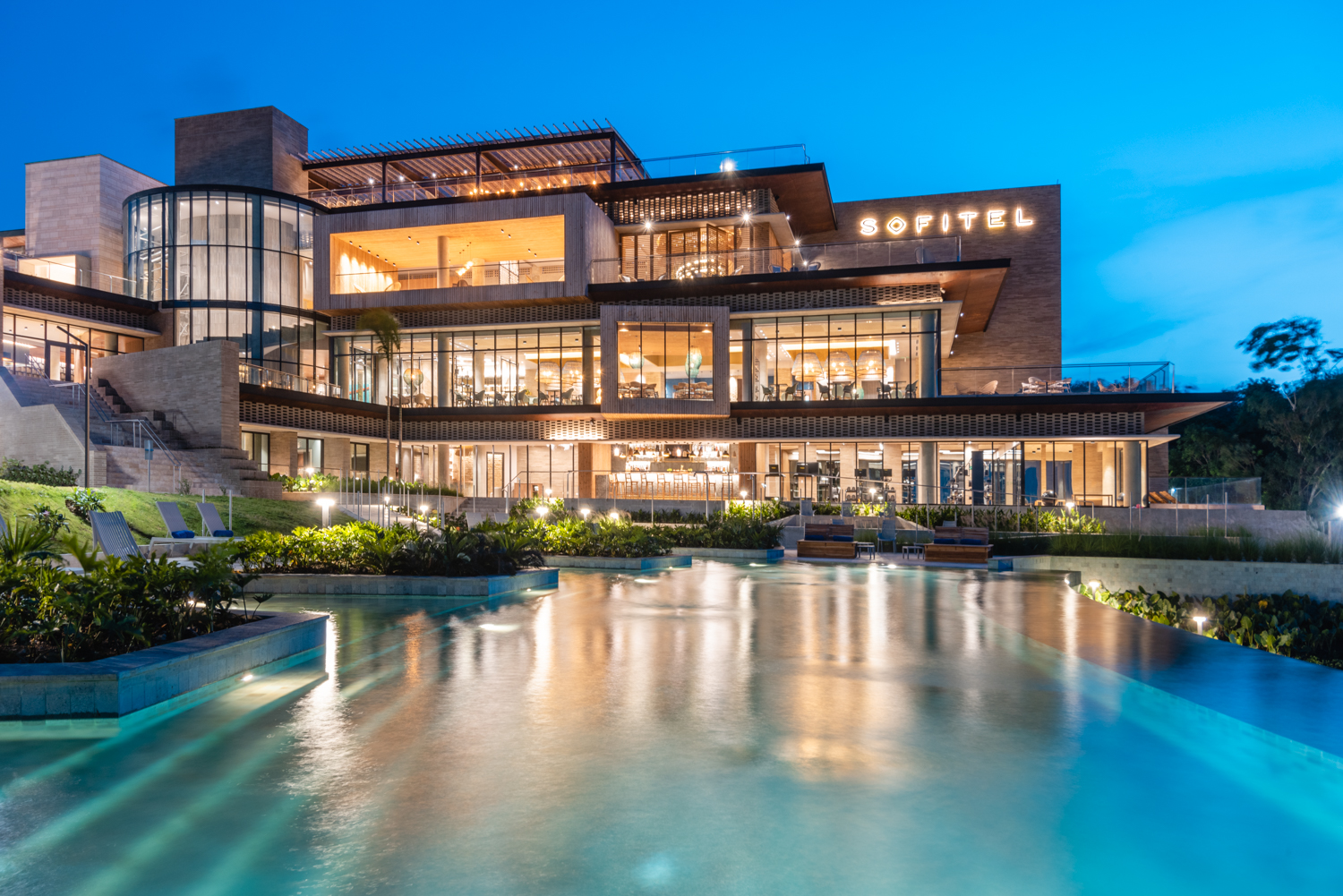
Another luxury brand winner that has made sustainability a priority is Eureka Resorts.
President of Eureka Resorts, Gemmalyn Crosby, states:
We ensure sustainability and ethical practices by adhering to strict LEED standards, using eco-friendly materials, and collaborating with like-minded suppliers. Our supply chain is carefully designed, emphasizing transparency and continuous improvement in environmental and social practices. We implement various initiatives to reduce our carbon footprint, including renewable energy investments, waste reduction programs, and setting ambitious sustainability targets.
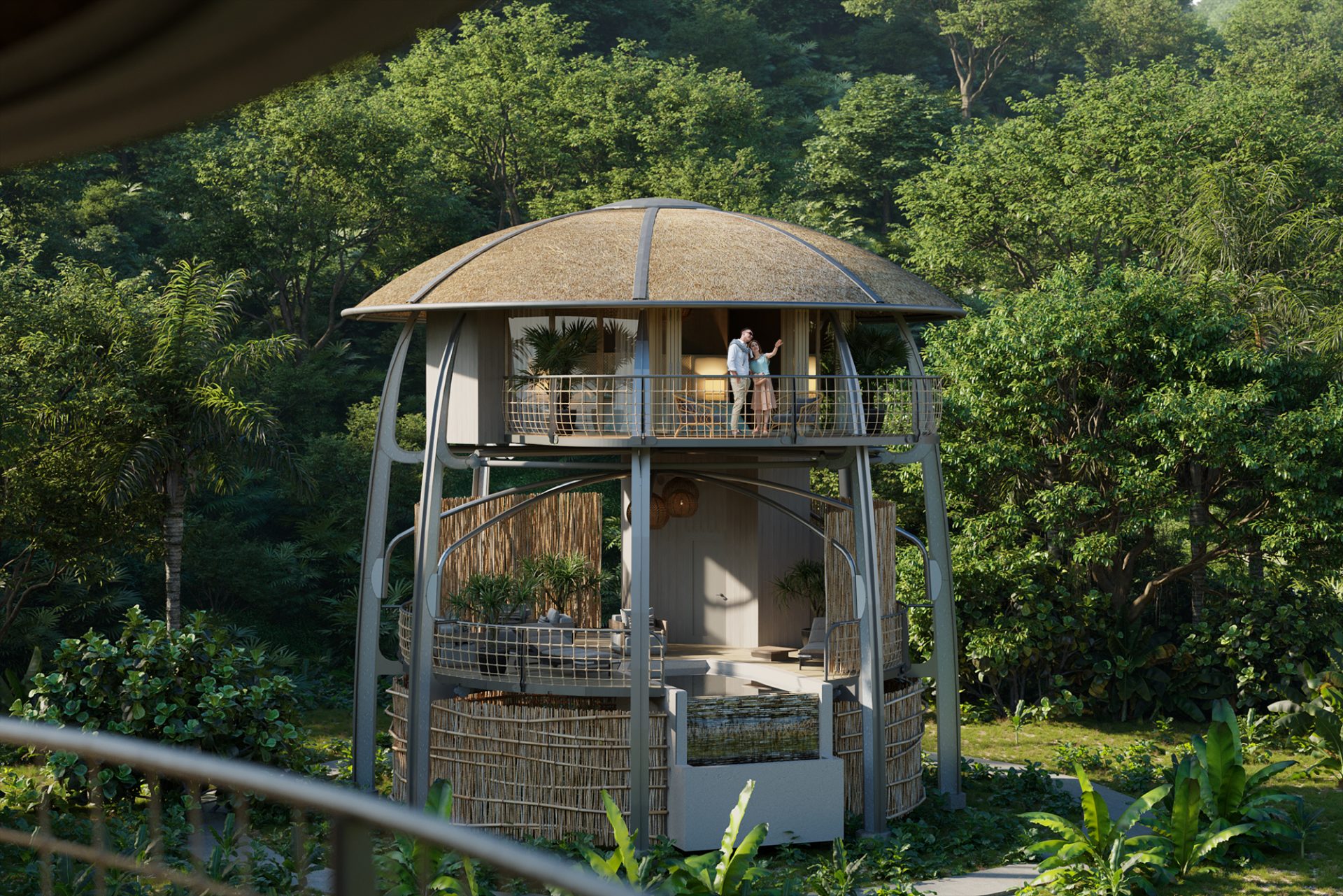
Apes Hill (Barbados) Inc. is another luxury brand winner that has made sustainability a key part of its business.
Renice Medford, Brand Communications, Experience & Public Relations Executive at Apes Hill, mentions:
Sustainability is rooted within the community of Apes Hill Barbados, and we ensure this is factored in from the outset, rather than an afterthought. Sustainability is seen on our golf course, which uses drought-tolerant grasses requiring low amounts of chemicals and irrigated solely from rainwater, in transportation and building designs focusing on energy efficiency and renewable energy, and our villas which follow responsible, low-impact construction methods using a system-built process. They have been designed and developed according to sustainable building design practices and materials, therefore ensuring sustainable and ethical practices from start to finish.
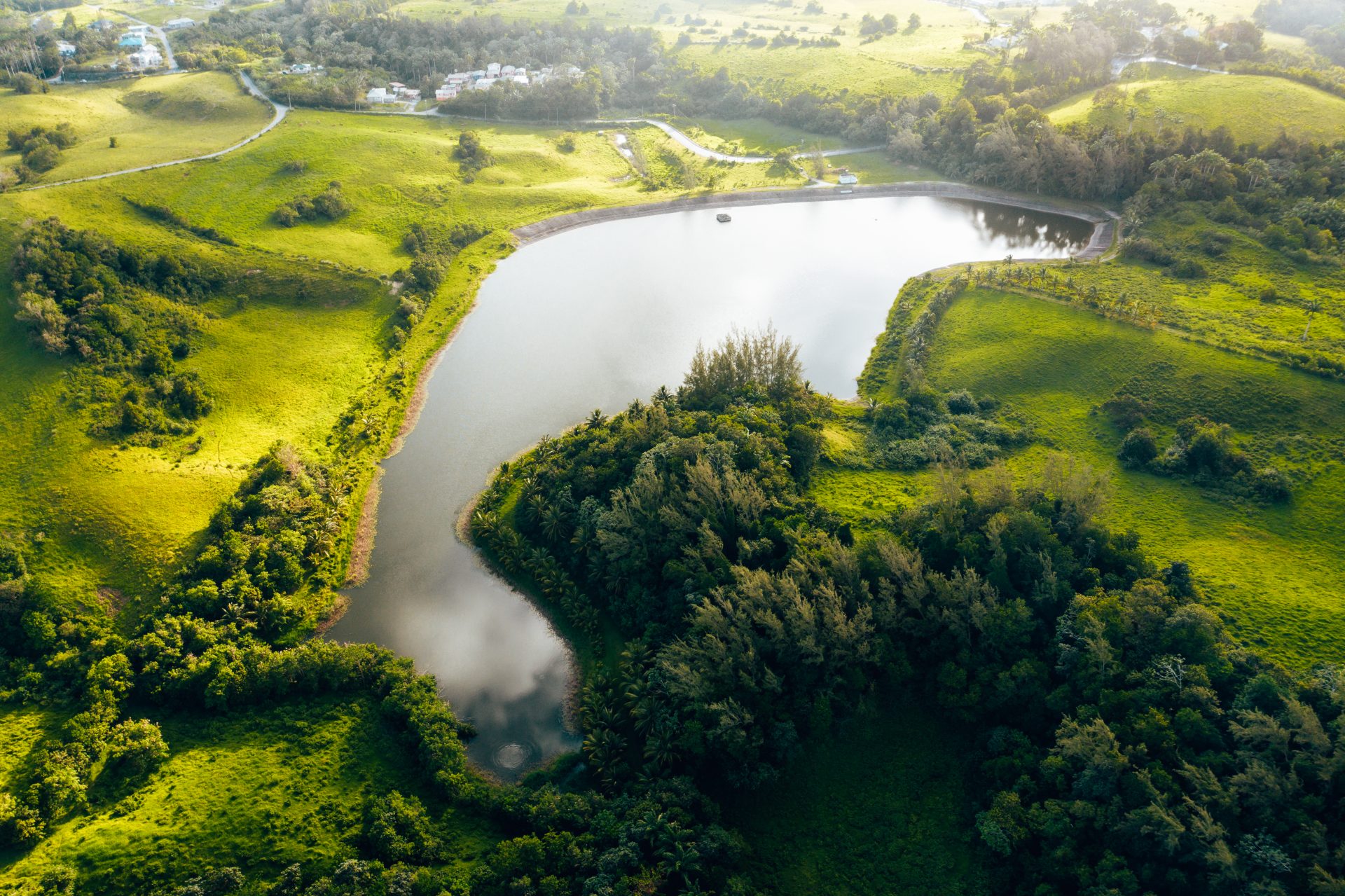
The benefits of sustainable luxury are numerous.
In addition, luxury brands that embrace sustainability are more likely to attract younger generations of consumers who place a high value on ethical and environmental responsibility. These consumers are the future of luxury consumption, and brands that do not prioritize sustainability risk losing relevance and market share in the long term.
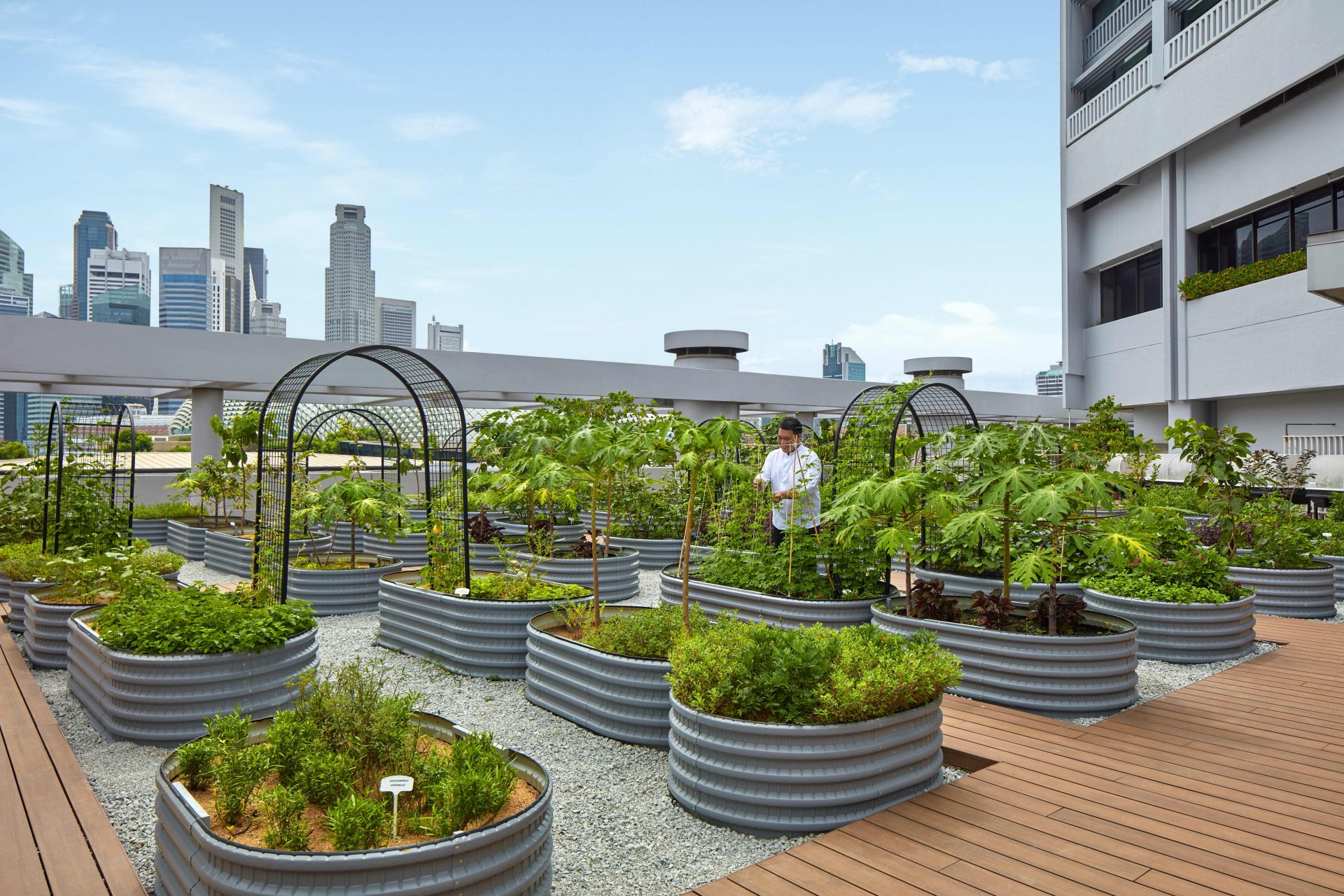
In conclusion, sustainability has become an essential consideration for luxury brands. High-end consumers desire to own or experience not only high-end, exclusive, and prestigious goods and services but also sustainable and ethical. Brands that embrace sustainability can benefit from increased profitability, increased efficiency, improved brand reputation, reduced environmental impact, and improved social responsibility.
It is essential for luxury brands to continue to innovate and find new ways to incorporate sustainable practices into their operations. By doing so, they can help to create a more sustainable and ethical future, while also meeting the growing demand for sustainable luxury products and services. As consumers become increasingly aware of the impact their purchasing decisions have on the environment and society, sustainability will only become more important in the luxury market. It is up to luxury brands to lead the way and create a more sustainable future for all.